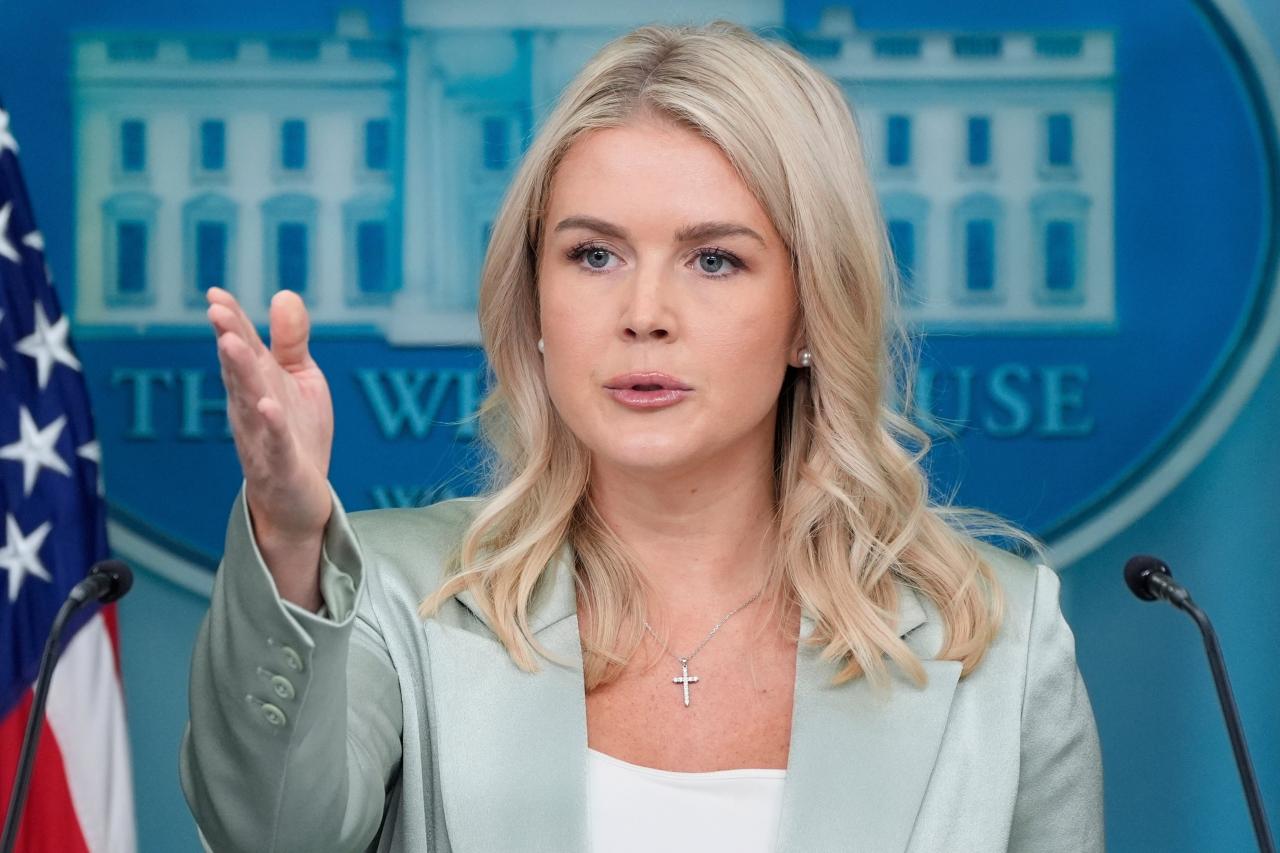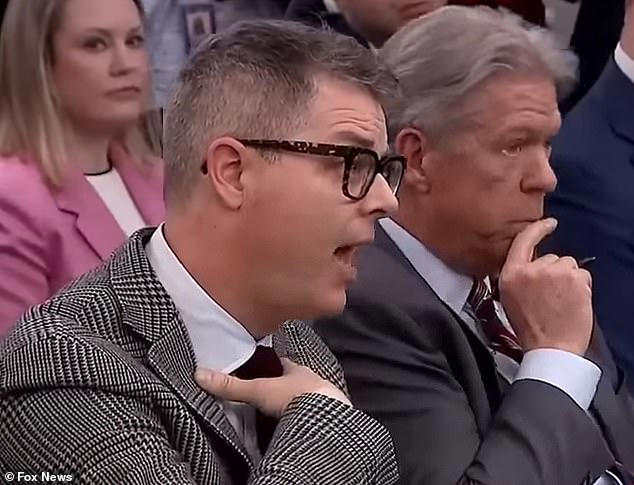White House Briefing Sees Tense Exchange Over Economic Reality of Tariffs
A recent White House press briefing became the stage for a sharp confrontation over the fundamental nature of tariffs, pitting Press Secretary Karoline Leavitt against a reporter who challenged her characterization of the administration’s core trade policy. The exchange highlighted a persistent friction between the government’s political messaging and established economic principles, centering on the crucial question of who ultimately bears the financial burden of import duties.
The pointed interaction began during a discussion on the Trump administration’s widespread use of tariffs as a negotiating lever with major trading partners. Seeking to clarify the tangible effects of the policy, a reporter posed a direct question to Leavitt: “Have you ever paid a tariff?” The query was designed to cut through political rhetoric and ground the conversation in the practical, real-world experience of how tariffs function within the U.S. economy.
In response, Leavitt made a bold assertion that immediately drew scrutiny. She stated that tariffs are “actually tax breaks for Americans.” This framing portrayed the import duties as a financial benefit for the nation’s citizens, aligning with the administration’s narrative that its trade policies are designed to bolster American businesses and shield workers from unfair foreign competition. However, the statement stands in direct opposition to the consensus view held by the majority of economists.

A Direct Correction on Economic Facts
The reporter did not let the comment pass, promptly intervening to correct the Press Secretary’s claim. He clarified that tariffs are not paid by foreign governments or exporting companies. Instead, they are taxes levied by the U.S. government on imported goods, and the payment is made by the American companies that import those products.
The journalist went on to explain the downstream consequences of this mechanism: to offset the cost of the tariff, U.S. importers often raise the prices of their goods. Consequently, the financial burden is passed along the supply chain and ultimately falls upon American consumers, who pay more for a wide range of products, from electronics and clothing to household staples. This correction served as a public fact-check, underscoring that tariffs operate as a tax on domestic consumption rather than a penalty on foreign entities.
The Broader Context of Tariff Policy
This exchange at the press podium encapsulates the much larger and more complex debate surrounding the Trump administration’s aggressive trade strategy. Proponents of the policy argue that tariffs are a necessary tool to protect vital domestic industries, such as steel and manufacturing, from being undercut by lower-priced foreign goods. From this perspective, tariffs can force fairer trade practices from other nations and encourage companies to relocate production back to the United States, thereby creating American jobs. The administration frequently presents this strategy as a defense of national economic sovereignty.
Conversely, critics and a large number of economists warn of the significant downsides. They argue that tariffs disrupt global supply chains, increase input costs for American manufacturers who rely on imported components, and inevitably lead to higher prices for consumers, effectively reducing the purchasing power of households. Furthermore, they point to the risk of retaliatory tariffs, where other countries impose their own duties on American exports, harming U.S. industries like agriculture and technology that depend on foreign markets. The clash in the briefing room, therefore, was not merely a semantic dispute but a reflection of two fundamentally different views on economic cause and effect.

Political Messaging Versus Economic Reality
Leavitt’s description of tariffs as “tax breaks” is a clear example of a political messaging strategy aimed at reframing a contentious policy in a positive light. By suggesting that tariffs financially benefit Americans, the administration seeks to build public support for a policy whose costs are often more immediate and visible to consumers than its purported long-term benefits.
However, the reporter’s immediate correction highlighted the challenge of sustaining such a narrative against basic economic facts. The moment underscored the inherent tension between crafting a politically appealing message and conveying an accurate understanding of how economic policies function. While the administration continues to champion tariffs as a cornerstone of its “America First” agenda, questions persist about the transparency of their true cost and the distribution of their economic impact across different sectors of society. The briefing room spat serves as a potent reminder that while political narratives can be powerful, they remain subject to the scrutiny of factual reality, particularly when they affect the finances of American families and businesses.